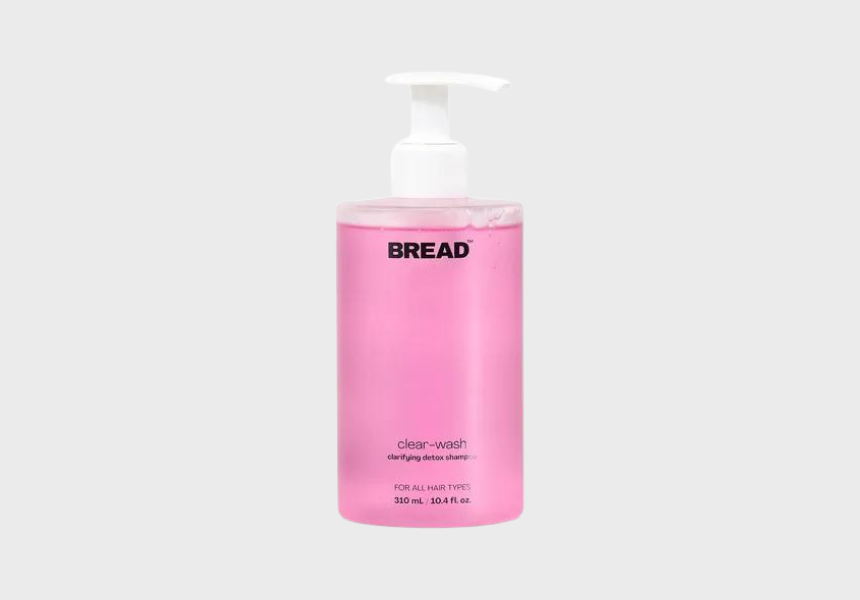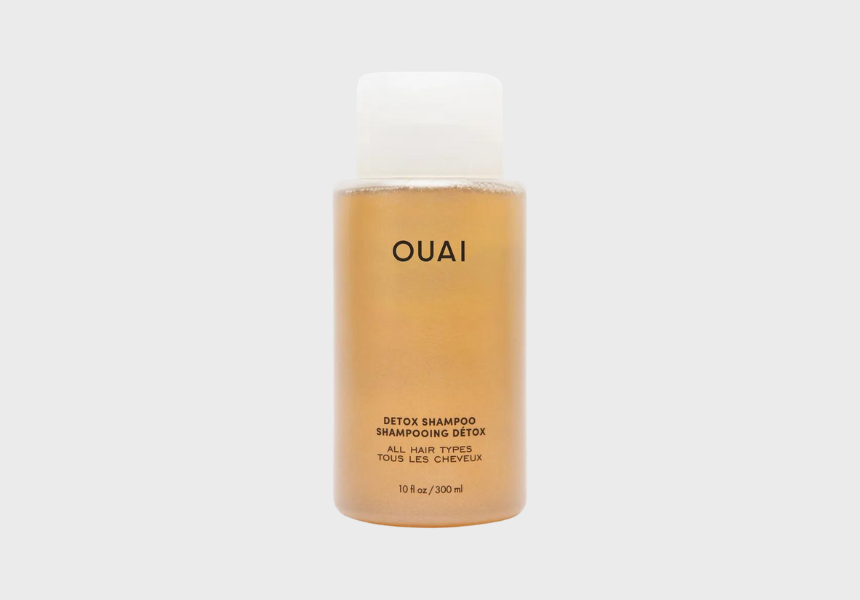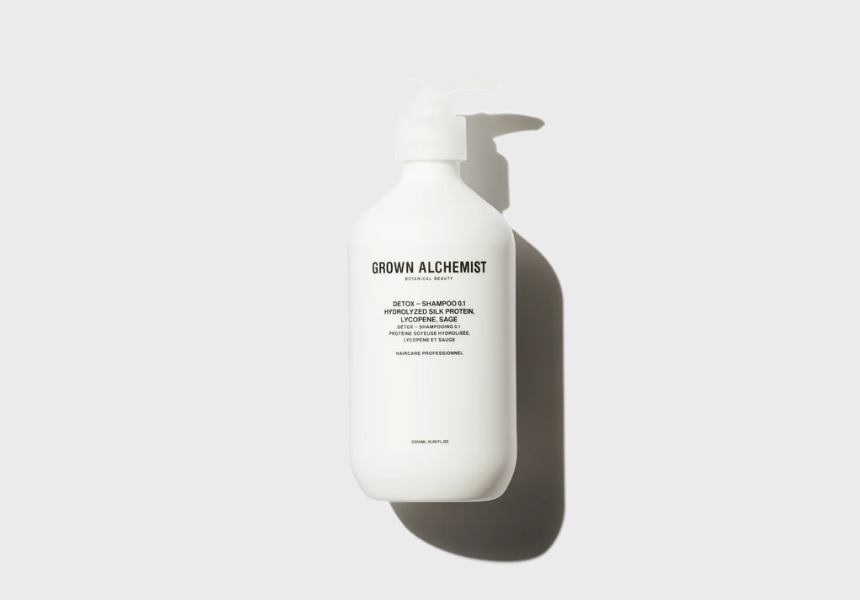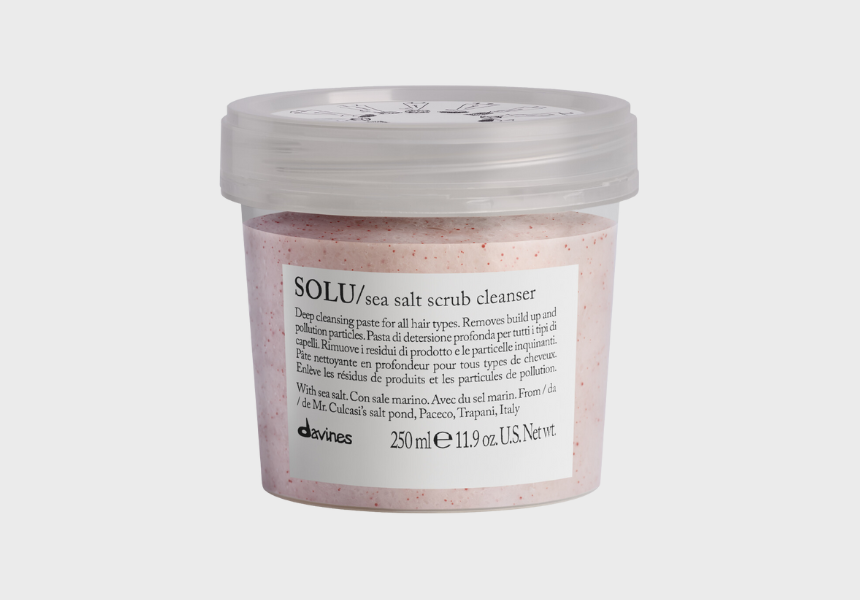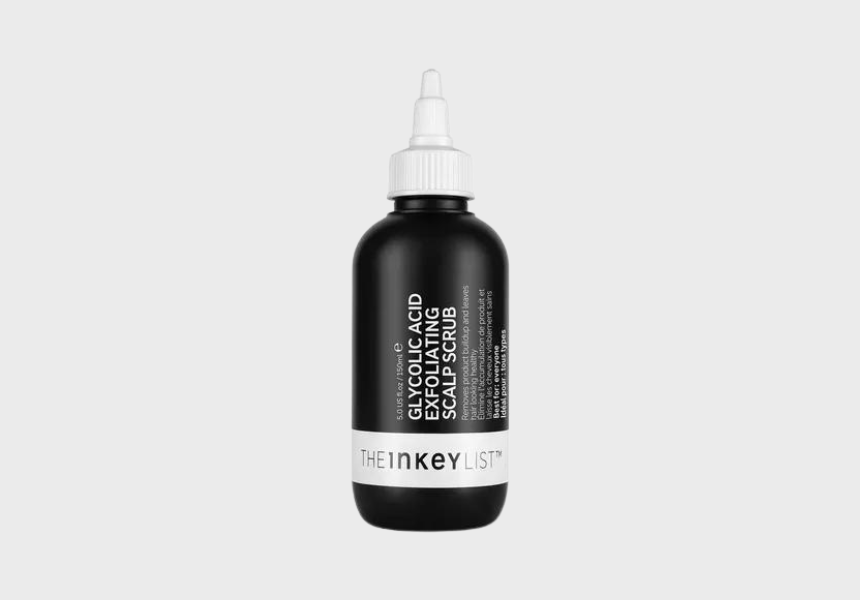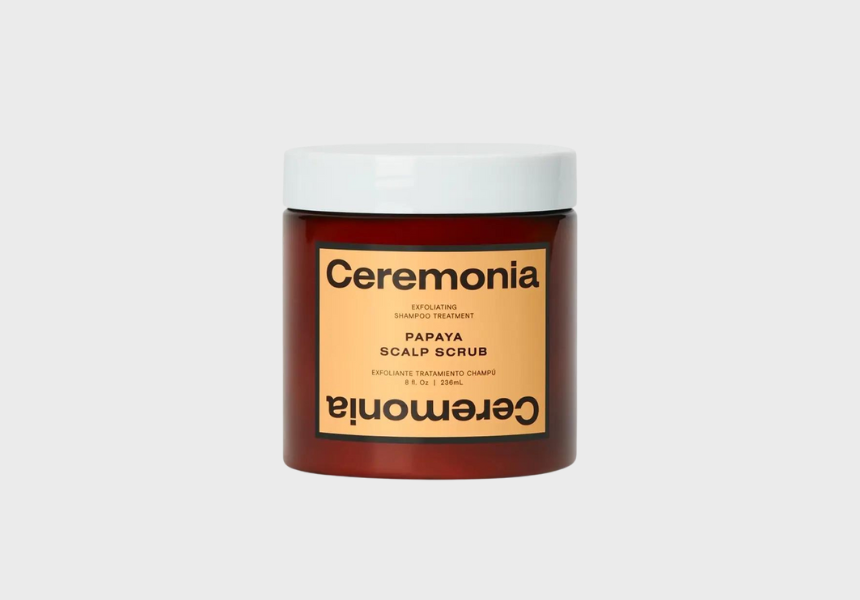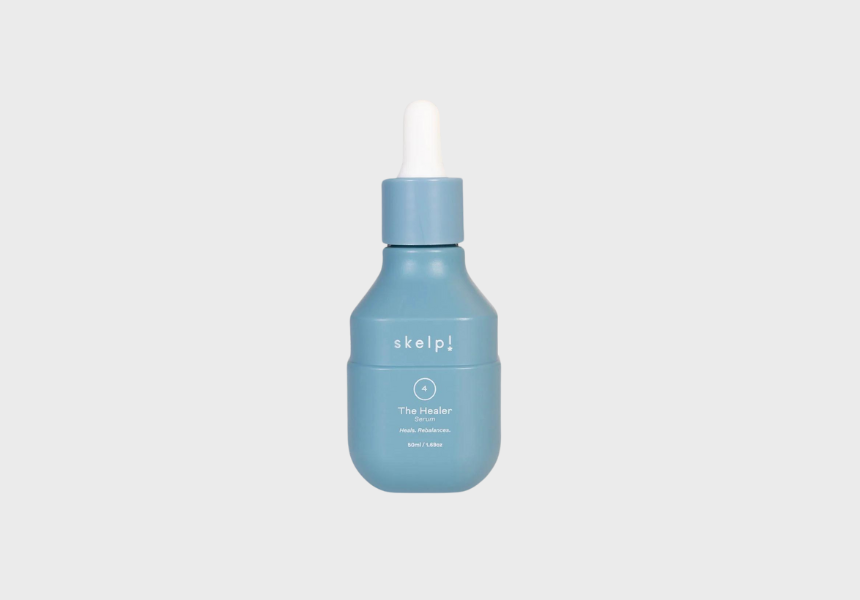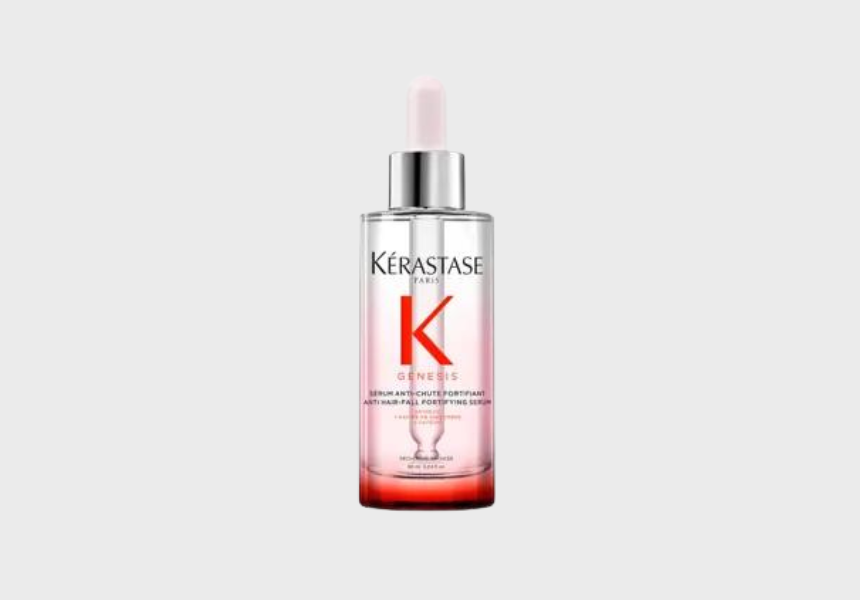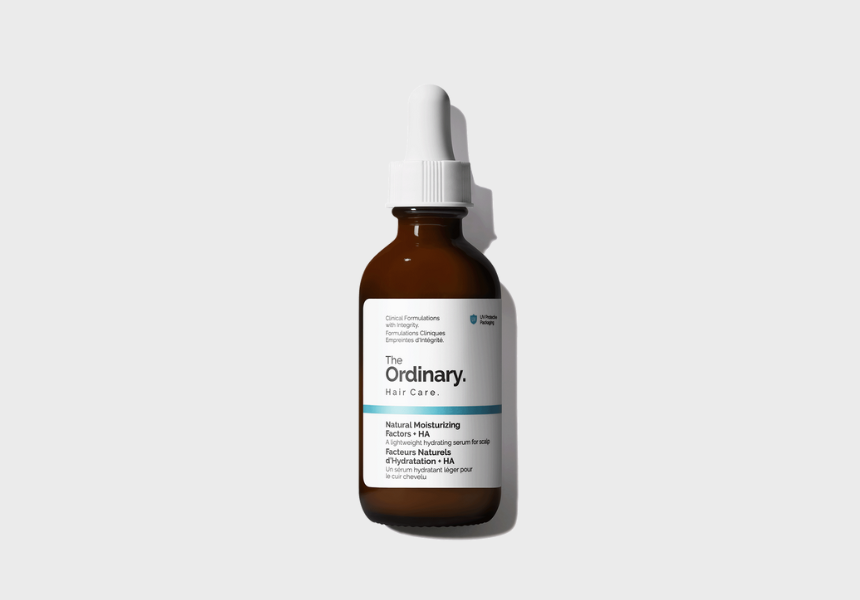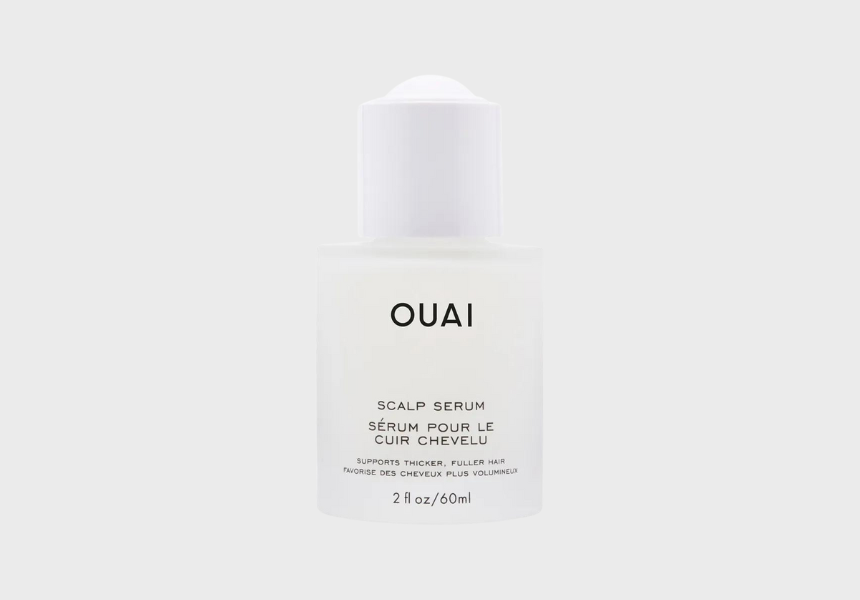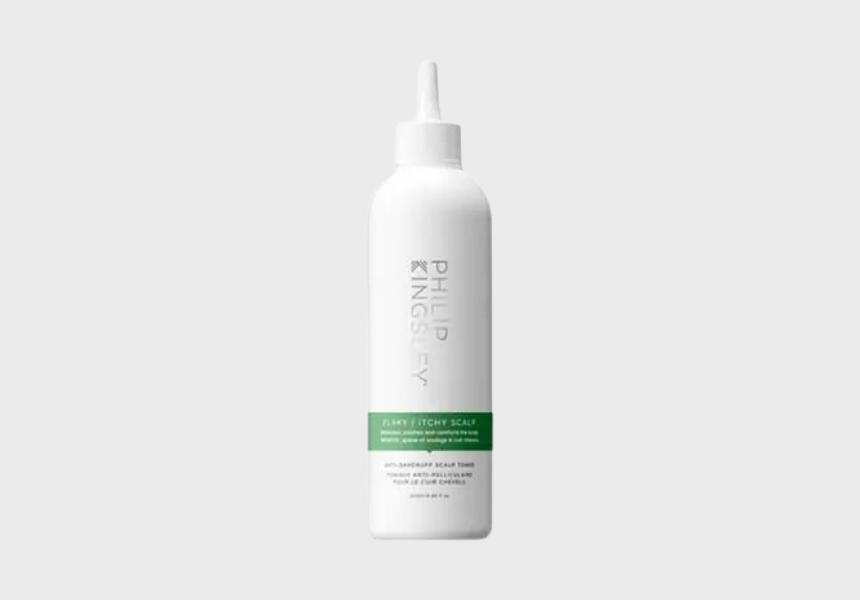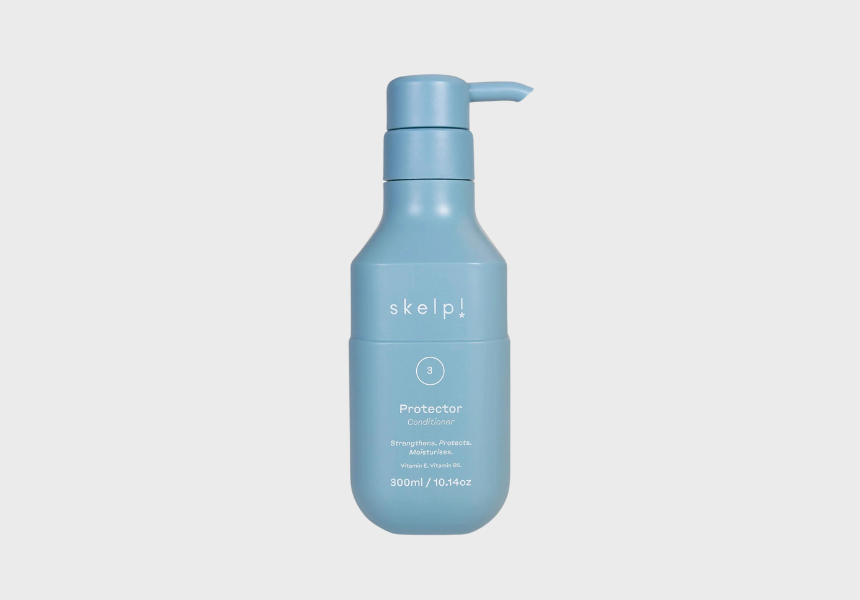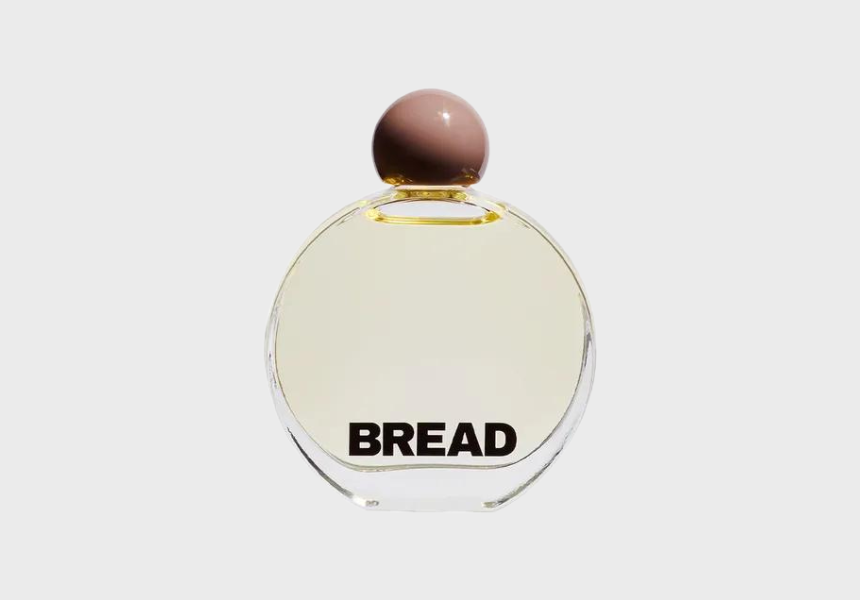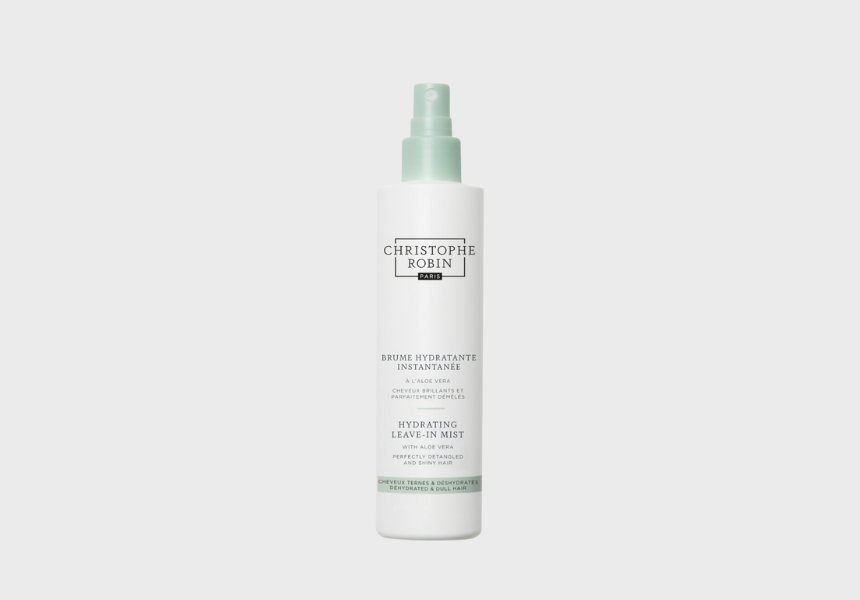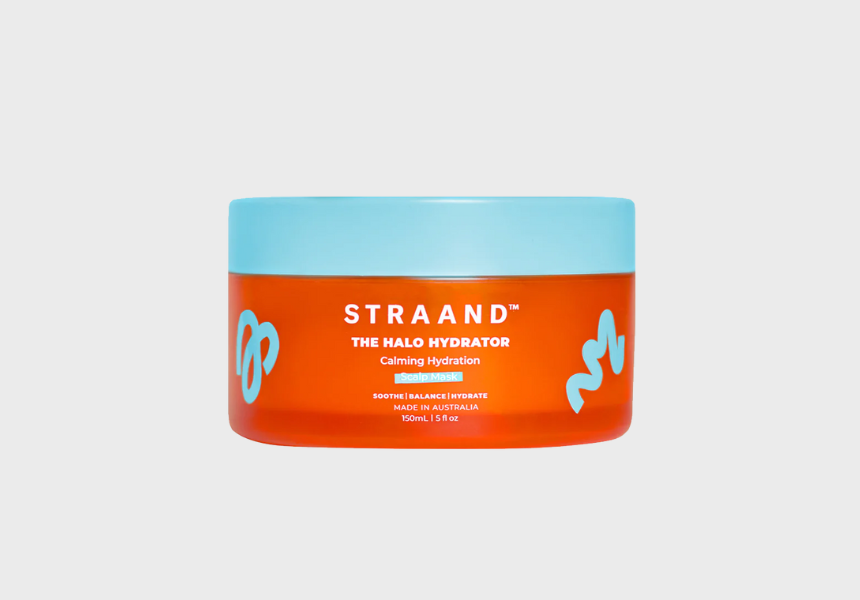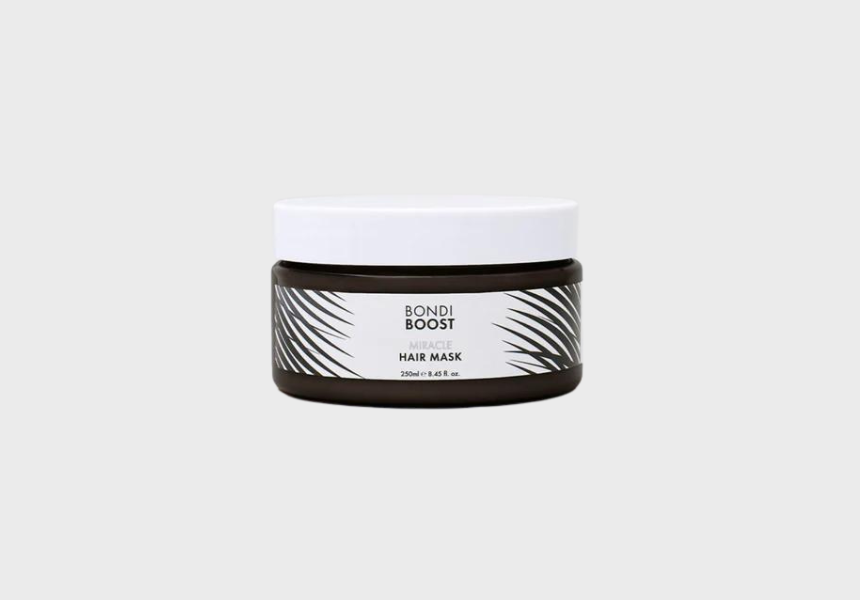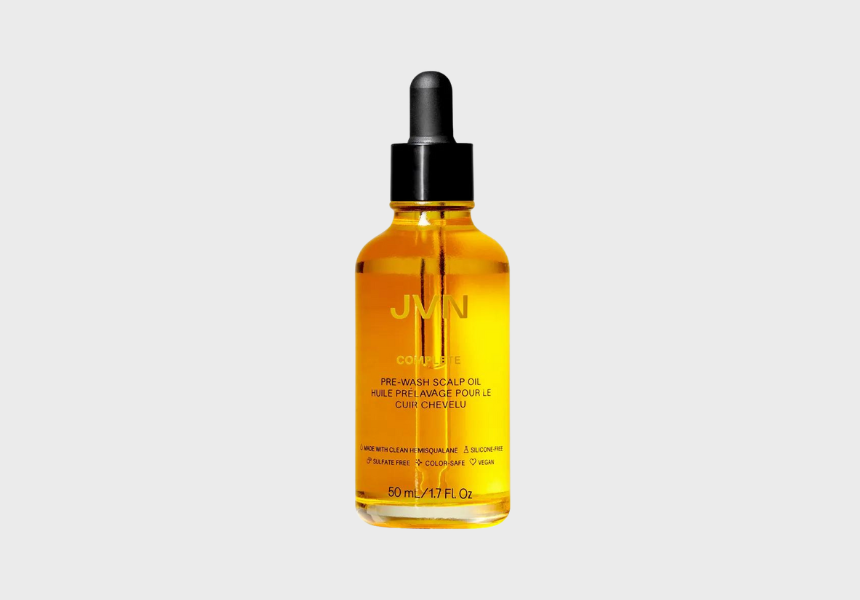Over the past few years, there’s been an increasing focus on haircare. Almost every time I open Tiktok I’m greeted by people with luscious locks telling me how they overcame hair loss or lack of growth, and how I, too, can get better hair. Maybe it’s the algorithm at work, but they’ve found their target audience. Please, tell me more, I think as I scroll feverishly through my FYP.
It’s not that I have particularly bad hair. I just wouldn’t say it’s great. Prone to lack of volume and gentle frizz, I’ve tried my fair share of shampoos and conditioners that promise to thicken, nourish, add shine or even promote growth. Some have yielded better results than others, but none have totally satisfied. And lately, I’ve started to notice more hair loss than I expected. I mentioned it to a few friends and realised I wasn’t the only one suffering.
Prolonged sun exposure, overly dry air, stress and anxiety, sickness, hormones and age can all impact the state of our scalps and health of our hair. Temporary hair loss (telogen effluvium) has also been recognised as a common side-effect of long Covid. It typically occurs several weeks after stressful experiences, including episodes of serious illness, and lasts up to six months. But the course can be corrected.
The scalp is our hair’s support system, according to Anabel Kingsley, consultant trichologist at haircare brand Philip Kingsley.
“A clean, balanced, healthy scalp is best able to support healthy hair growth and produce good quality, strong hairs,” she says. “Your scalp is skin and it benefits from similar care to the skin on your face. When you shampoo, your main focus should be your scalp – not your hair.”
While certain conditions, such as psoriasis and dandruff, might need medicated treatments (seek advice from a medical professional if you’re unsure what’s causing your scalp issues), the general approach to scalp care should echo your skincare routine. That means cleansing, exfoliating, toning, moisturising and treating.
Kingsley recommends a weekly pre-shampoo with a deep conditioning mask, such as the brand’s popular Elasticzer. “This will help strengthen strands while targeting different causes of breakage. A healthy hair will stretch a third of its length before breaking, whereas dry, damaged hair becomes brittle and snaps easily,” she says.
Your hair type, length, colour and grooming preferences (air dry versus hot tools) will dictate the exact products your hair and scalp need most, but creating a solid routine is the first step towards better hair.
Cleanse
It’s important to remove build-up of oils or products, such as dry shampoo or texture spray. Incorporate a detox shampoo into your routine once or twice per week as part of a “double cleansing” ritual. Be sure to focus on your scalp and roots, massaging the product into a lather for two to three minutes before rinsing, and even incorporating a stimulating brush into your clean.
Exfoliate
Just like skincare, there are physical and chemical options for exfoliating your scalp. These help to control sebum production, which can cause an oily scalp and hairline, and ultimately reduce the amount you need to wash your hair. Add this step as a pre-shampoo treatment once per week.
Tone or Serum
If you suffer from dandruff or an itchy scalp, a post-shower toner or serum can help soothe discomfort and address the cause of the problem. Look for products with ingredients like hyaluronic acid – something we know dry or dehydrated skin loves – or those that claim to offer calming properties.
Moisturise
Conditioners, leave-in sprays and oils are the best way to add moisture. Your hair type will dictate which moisturiser to use, in the same way that people with sensitive, normal and oily skin use different products on their faces.
Treat
Masks and treatments can offer a more intensive approach to moisturising and repairing the scalp. Some promise to help with bond repair and breakage, which is key for fostering regrowth after hair loss, while others lend a smooth, glossy finish to your hair.
This story was originally published 25 January 2023 and has since been updated.
We hope you like the products we recommend on Broadsheet. Our editors select each one independently. Broadsheet may receive an affiliate commission when you follow some links.






